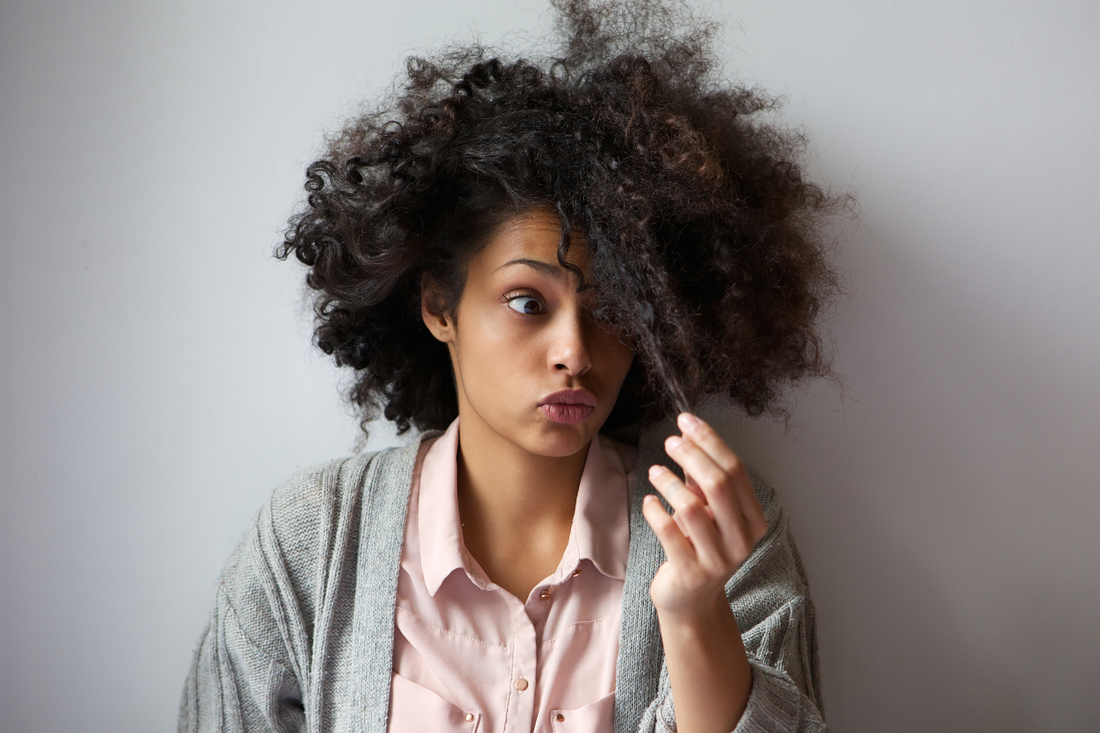
Understanding Hair Loss: Common Causes and Effective Solutions
Understanding Hair Loss: Common Causes and Effective Solutions
Hair loss can be a distressing experience, impacting not only your appearance but also your confidence. Whether you're dealing with a few extra strands in your brush or more significant thinning, understanding the root causes of hair loss can help you find the right solutions. We’ll explore the common causes of hair loss and offer practical tips and treatments to help you manage and minimize it.
Genetics and Hormonal Changes
Genetic Predisposition
One of the most common causes of hair loss is genetics. Androgenetic alopecia, also known as male or female pattern baldness, is a hereditary condition that affects millions of people worldwide. This type of hair loss is typically characterized by a receding hairline and thinning at the crown for men, and overall thinning for women.
Hormonal Imbalances
Hormonal changes can also lead to hair loss. Conditions such as pregnancy, childbirth, menopause, and thyroid disorders can all disrupt the normal hair growth cycle. For example, postpartum hair loss is a common issue many women face due to the hormonal fluctuations after giving birth.
Solution: For genetic hair loss, treatments such as minoxidil (Rogaine) or finasteride (Propecia) can be effective. Hormonal imbalances may require medical intervention, so it’s important to consult with a healthcare professional to address the underlying issue.
Stress
Emotional and Physical Stress
Both emotional and physical stress can trigger hair loss. Events such as major surgery, severe illness, or emotional trauma can cause a temporary form of hair loss known as telogen effluvium. This condition occurs when a large number of hair follicles enter the resting phase simultaneously, leading to increased shedding.
Solution: Managing stress through practices such as yoga, meditation, regular exercise, and adequate sleep can help reduce stress-related hair loss. In severe cases, consulting with a healthcare professional or therapist can provide additional support.
Nutritional Deficiencies
Poor Diet
A diet lacking essential nutrients can contribute to hair loss. Key vitamins and minerals such as iron, vitamin D, zinc, and biotin play crucial roles in hair health. Without these nutrients, hair can become weak, brittle, and more prone to falling out.
Solution: Ensure you’re eating a balanced diet rich in fruits, vegetables, lean proteins, and whole grains. Consider taking supplements if you’re unable to get enough nutrients from food alone, but always consult with a healthcare provider before starting any new supplement regimen.
Hair Care Practices
Over-styling and Chemical Treatments
Frequent use of heat styling tools, harsh chemical treatments, and tight hairstyles can damage hair and lead to breakage and thinning. Practices such as bleaching, perming, and using hot tools excessively can weaken the hair shaft and cause it to break.
Solution: Adopt gentler hair care practices. Limit the use of heat styling tools, opt for protective hairstyles that don’t put stress on the hair, and use products designed to strengthen and protect your hair. RevAir's Boost Fullness shampoo, conditioner and leave-in treatment are excellent options to help maintain healthy, strong hair.
Scalp Health
A healthy scalp is essential for healthy hair growth. Conditions such as dandruff, psoriasis, and fungal infections can cause inflammation and disrupt the hair growth cycle.
Solution: Regular scalp care is crucial. Use RevAir's Detox Rinse to cleanse and refresh your scalp, removing buildup and promoting a healthy environment for hair growth.
Environmental Factors
Hard Water
Hard water contains high levels of minerals such as calcium and magnesium, which can build up on the hair and scalp, leading to dryness and breakage. Over time, this can contribute to hair thinning and loss.
Solution: Installing a water softener or using a chelating shampoo can help reduce the effects of hard water on your hair. Regular use of RevAir’s Detox Rinse can also help remove mineral buildup and keep your scalp healthy.
Sun Exposure
Excessive exposure to the sun’s UV rays can damage the hair shaft, making it more prone to breakage and loss.
Solution: Protect your hair from the sun by wearing hats or scarves when outdoors for extended periods. Using hair products with UV protection can also help shield your hair from harmful rays.
Medical Conditions and Medications
Medical Conditions
Certain medical conditions can cause hair loss. These include autoimmune diseases such as alopecia areata, where the body's immune system attacks the hair follicles, and scalp infections that can disrupt hair growth.
Medications
Some medications, including those for diabetes, cancer, arthritis, depression, and high blood pressure, can have side effects that include hair loss.
Solution: If you suspect a medical condition or medication is causing your hair loss, consult with a healthcare professional. They can diagnose the issue and recommend appropriate treatments or alternatives.
Natural Changes
Aging
As we age, our hair naturally becomes thinner and less dense. The hair growth cycle slows down, and the follicles produce thinner, shorter hairs.
Solution: While aging is a natural process, you can help maintain healthy hair by following a good hair care routine, eating a balanced diet, and staying hydrated. Products like RevAir’s Hydrating Leave-In Spray and Moisture Rich Hair & Scalp Oil can help keep aging hair moisturized and healthy.
Hair loss can be a complex issue with multiple causes, but understanding the underlying factors can help you take proactive steps to manage and minimize it. From genetic predispositions and hormonal changes to stress, nutritional deficiencies, and environmental factors, various elements can contribute to hair loss. By adopting healthier hair care practices, maintaining a balanced diet, and using effective products like those offered by RevAir, you can support your hair’s health and reduce the impact of these common causes of hair loss.
If you’re experiencing significant hair loss or are concerned about changes in your hair, it’s always best to consult with a healthcare professional to determine the best course of action for your specific situation. With the right care and attention, you can help ensure your hair remains healthy, strong, and beautiful.














